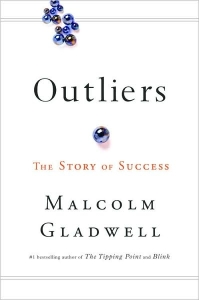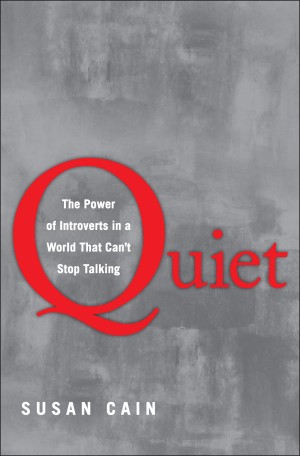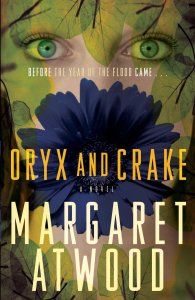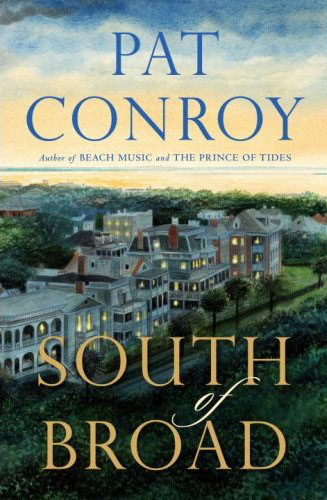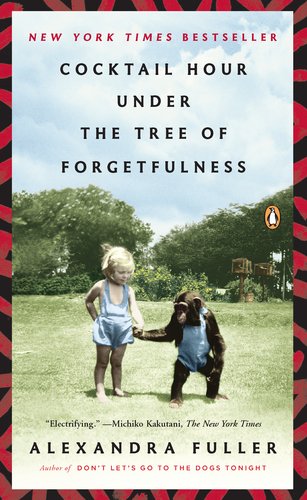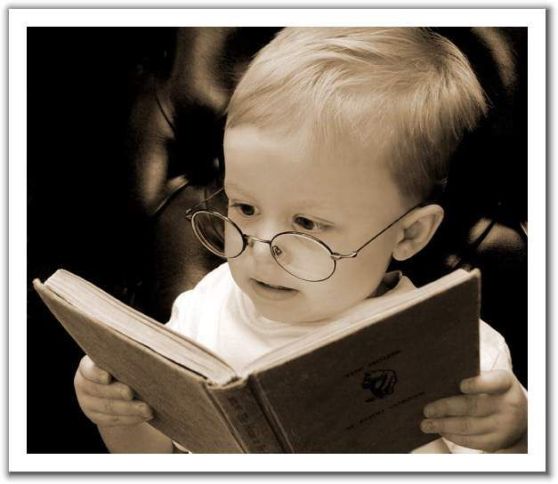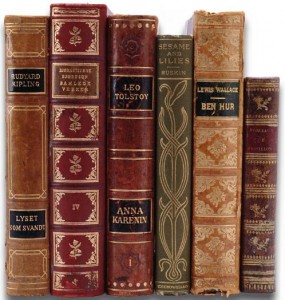♦ ♦ ♦
Monday, July 22 – Saturday, July 27
NON-FICTION
Enjoy some good summer reading.
♦ ♦ ♦
“Do you see the consequences of the way we have chosen to think about success? Because we so profoundly personalize success, we miss opportunities to lift others onto the top rung…We are too much in awe of those who succeed and far too dismissive of those who fail. And most of all, we become much too passive. We overlook just how large a role we all play—and by “we” I mean society—in determining who makes it and who doesn’t.”
True to form, bestselling author Malcolm Gladwell (Blink and Tipping Point) takes us on an intellectual expedition into the realm of high achievers – über-successful people like Microsoft co-founder Bill Gates and the phenomenon known as “The Beatles.” An “outlier” is, in Gladwell’s own words, “a scientific term to describe things or phenomena that lie outside normal experience.” In the context of his book, outliers “are the men and women who, for one reason or another, are so accomplished and so extraordinary and so outside of ordinary experience that they are as puzzling to the rest of us as a cold day in August.“
Dispelling the notion that extremely successful people attain success because they make it happen –through their own smarts, tenacious drive, willingness to hustle and, good old-fashioned hard work, Gladwell points out that there are many extremely intelligent, highly gifted, hardworking people for whom success has been an elusive mistress. Therefore, the common dogma of “You are the author of your own destiny. You make your own success.” does not apply in many cases. In this book, Gladwell asks us to shift our focus from what successful people are like, to where successful people come from. He argues that one’s culture, family background and upbringing play a significant role in the makeup of a high achiever.
Clear, witty and intelligent, Outliers offers a new perspective on what it takes to achieve extreme success. Granted, success does rely – to a great extent – on individual effort. However, what should not be ignored is the degree to which outside factors, such as people and circumstances, affect a person’s success or failure. Therefore, we (as a society) have the ability to help shape people’s lives, and (if directed in the right way and with the best intentions) for the better.

